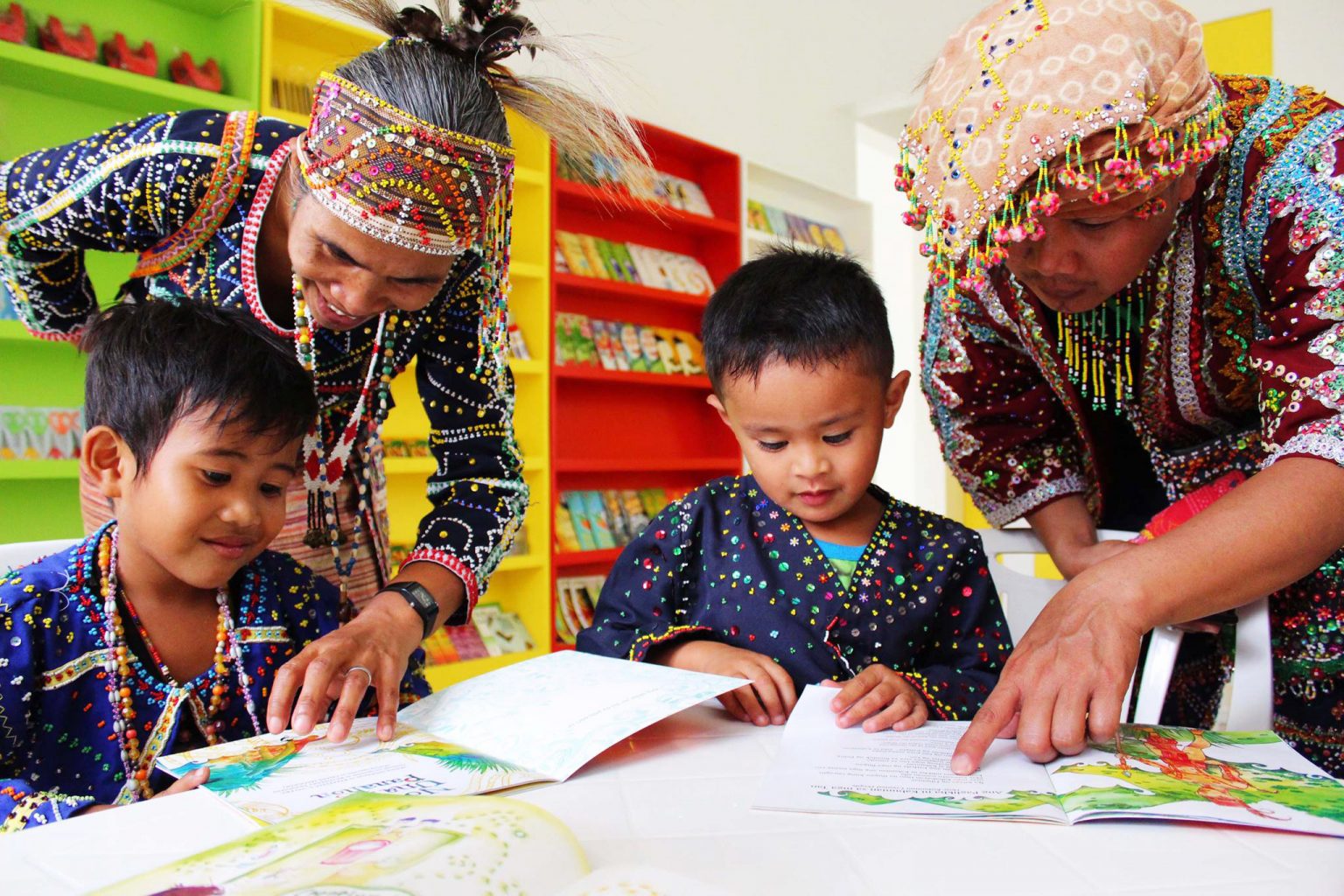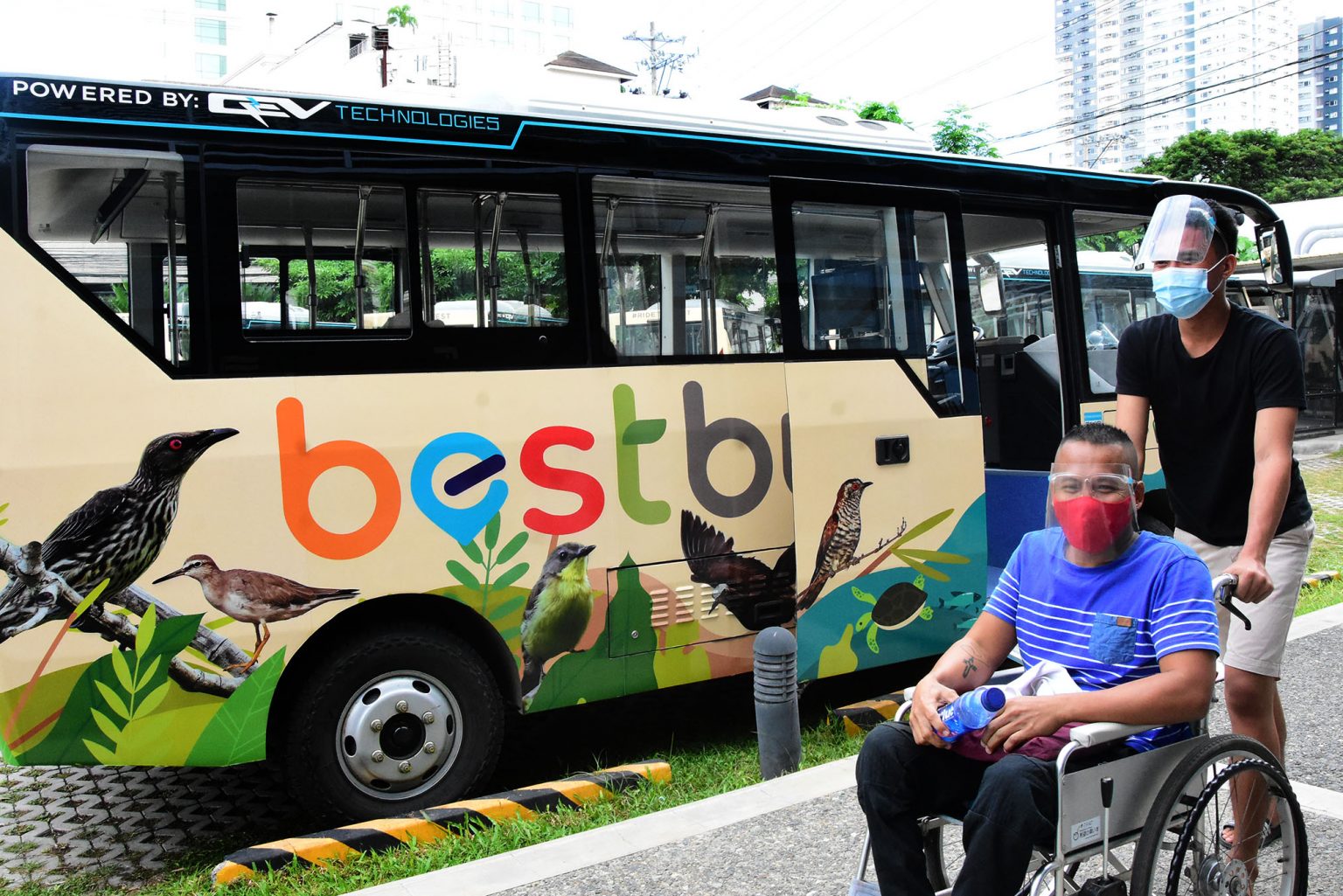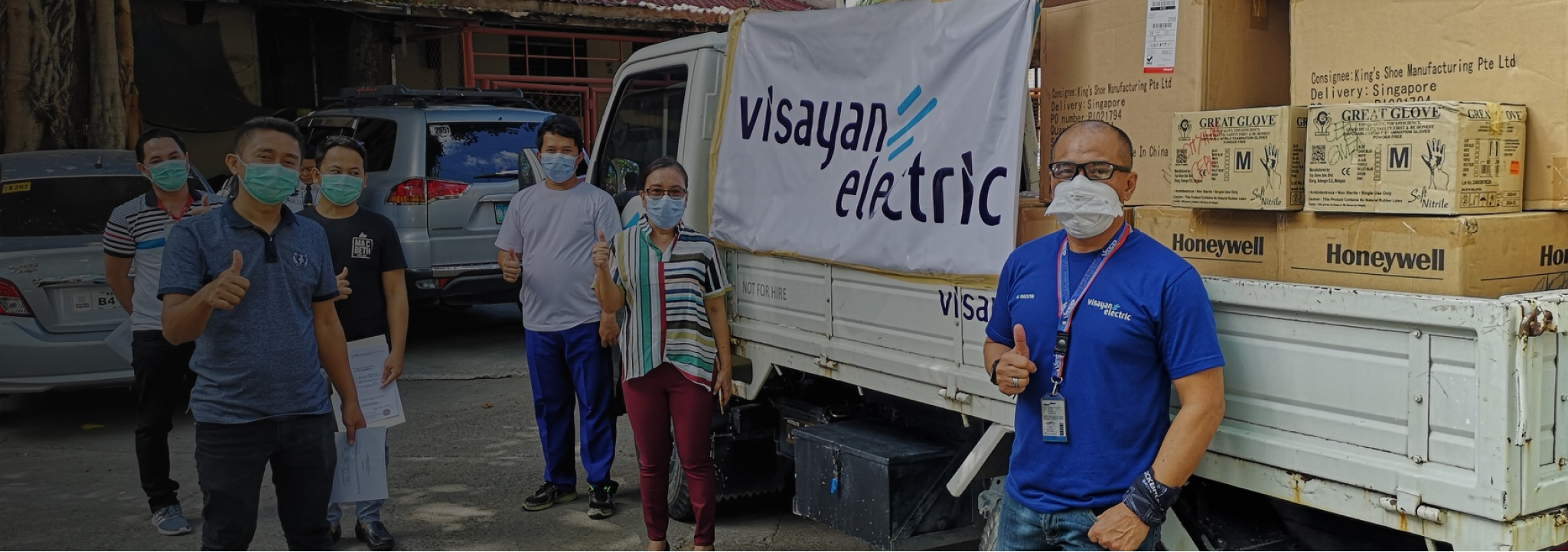Corporate Social Responsibility
December 19, 2023
Today, we are humbled and grateful to celebrate 100 years of hard-earned wins – only this time, we are celebrating free of formalities and fancies and with a renewed sense of purpose to drive change for a better world. The call to do good has never been greater than it is today. For us in the Aboitiz Foundation, the last 32 years prepared us for a time such as this. While we are grateful to have been given the privilege to help thousands of individuals and communities, there is much work to be done. Filipinos will always wear a smile come rain or shine, mask or no mask. But we would rather see them smiling confidently because they are prepared to overcome challenges. This is why we remain committed to co-creating resilient, empowered and sustainable communities. It is always about progress achieved not by one, but many – not in a day, but throughout generations to come.
Maribeth L. Marasigan
President and COO of Aboitiz Foundation
The Aboitiz Group’s commitment to giving back is a principle that traces its roots over a century ago when its forefathers first established their business in Leyte. This legacy has been instilled and passed on through generations of its corporate history, with one of its first leaders, Don Ramon Aboitiz, leading the Group’s corporate philanthropy efforts and actively looking after the welfare of his employees.
Over the past years, Aboitiz Foundation has been committed to its mission of helping people help themselves and pursuing its vision to be the neighbor of choice. It constantly delivers value to its stakeholders, including communities where the company operates. It focuses its efforts on education, enterprise development, and environment with the goal of co-creating resilient, empowered and sustainable communities.
138490
Number of beneficiaries of the Aboitiz CSR
264
Number of participants in Capacity Building Programs
423515
Number of Direct and Group Beneficiaries
270441450
2020 CSR Fund Allocation
428
Number of CSR Projects
5
Amount raised in 2020 through collective generosity by KINDer donors
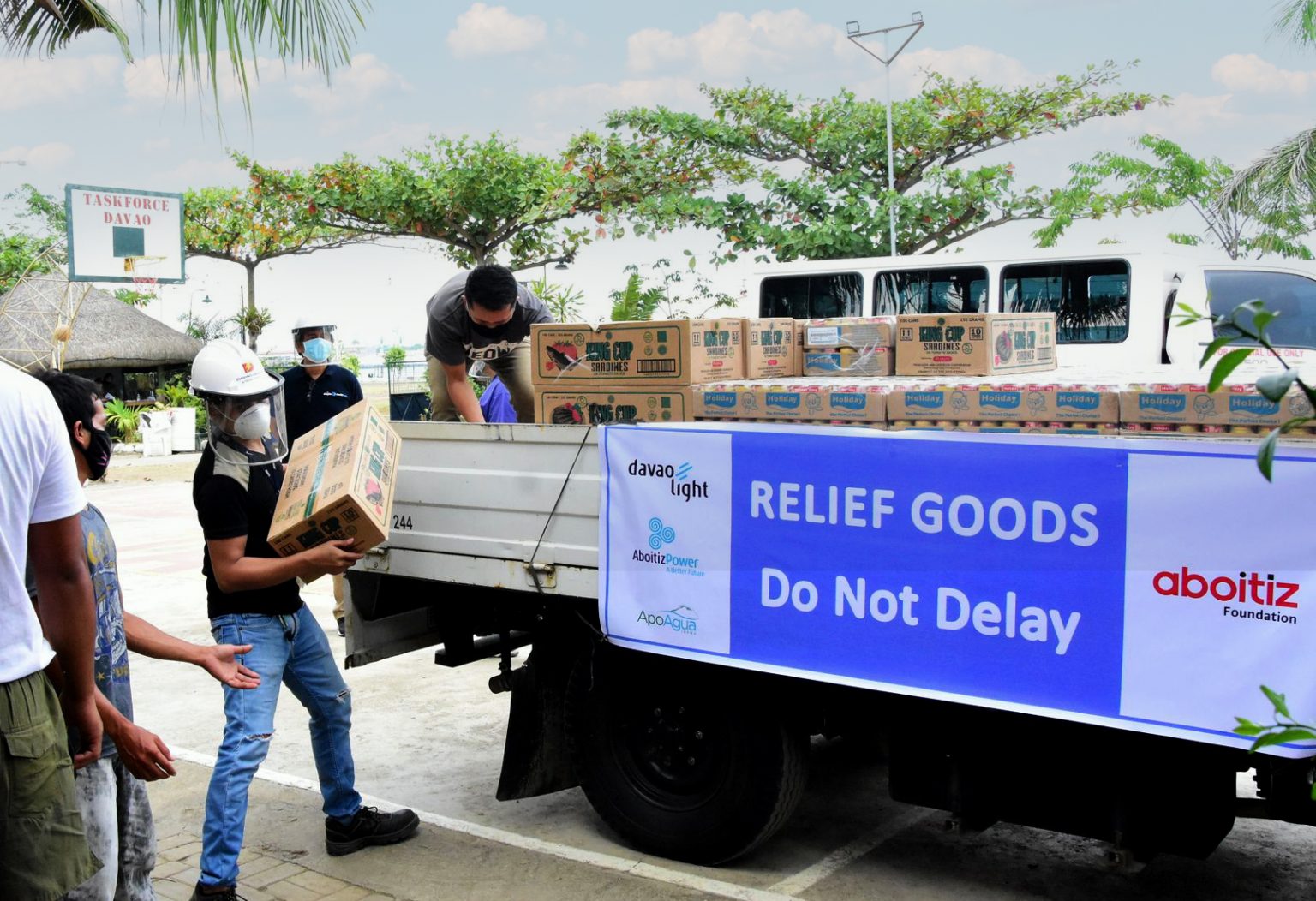
As individuals, organizations, and communities around the world rethink their way of life and choices as a result of the pandemic, we found ourselves asking the same question of purpose: how can we make a more significant contribution to the communities we serve? The Philippines continues to be hammered by COVID-19, ranking second in Southeast Asia for the highest number of confirmed cases and deaths. It strained our healthcare system, exposing decades-old problems in service delivery, manpower and funding. But beyond the case numbers, the impact of COVID-19 rippled across the everyday life of Filipinos. Self-rated hunger is at its highest since 2014 as a result of job losses or underemployment. Five million or 14.6% of the labor force were either let go by their employers or had to look for additional work to meet their basic needs. In the education sector, enrollment dropped to 89% in both public and private schools combined, which means 2.3 million students are out of school. In urban areas where a large population sees a higher rate of transmission, the urban poor is disproportionately affected — facing hunger, joblessness, lack of access to basic services, and threats to their safety. COVID-19 has challenged the status quo of corporate social responsibility.
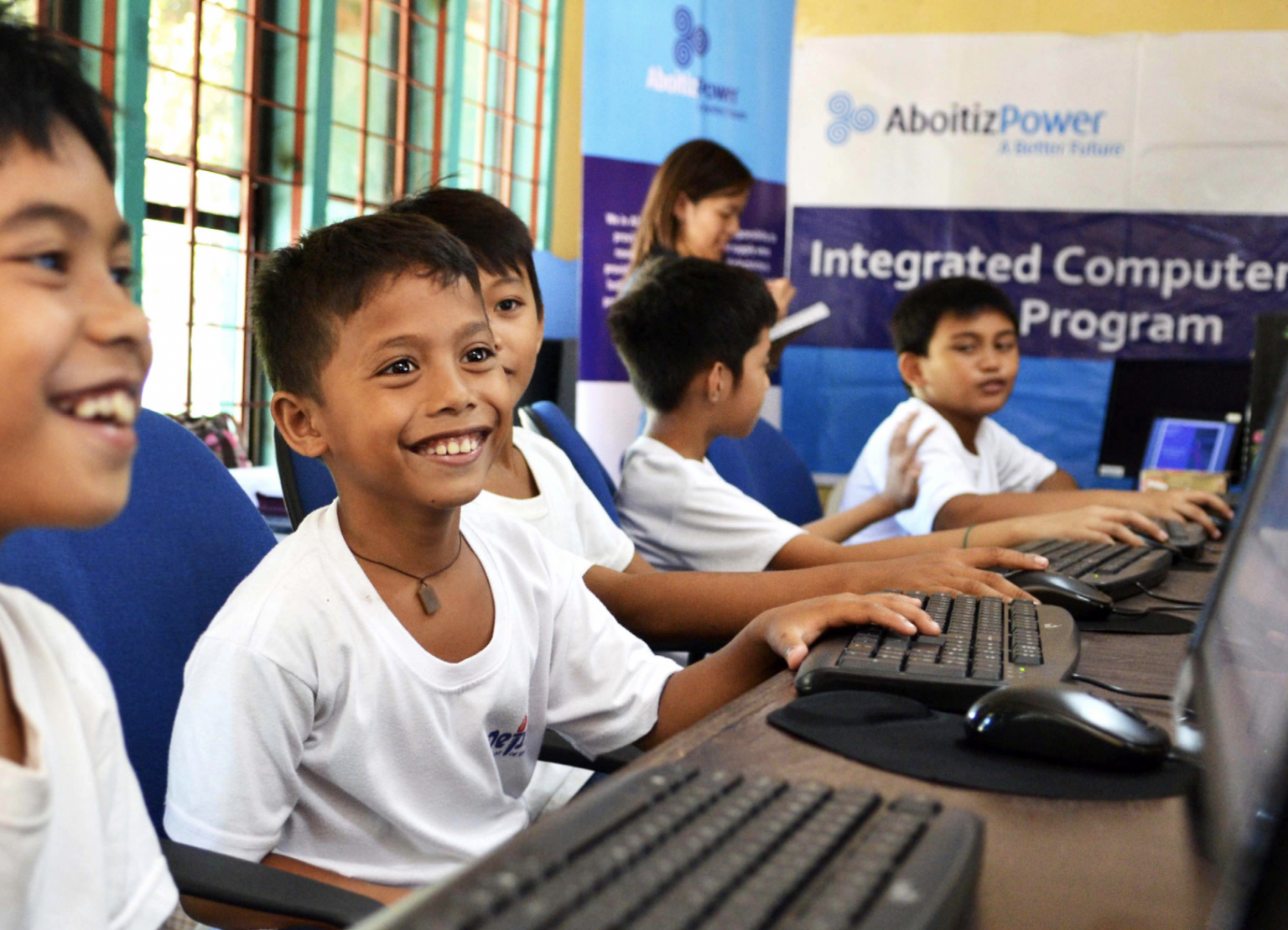
Before COVID-19, the poorest 40% of households in the Philippines have the lowest access to televisions, radios, mobile phones, and computers. Only 4.35% of this group have a computer at home. Low digital literacy and lack of access to technology created undesirable conditions in the delivery of social services, such as distance learning for students.
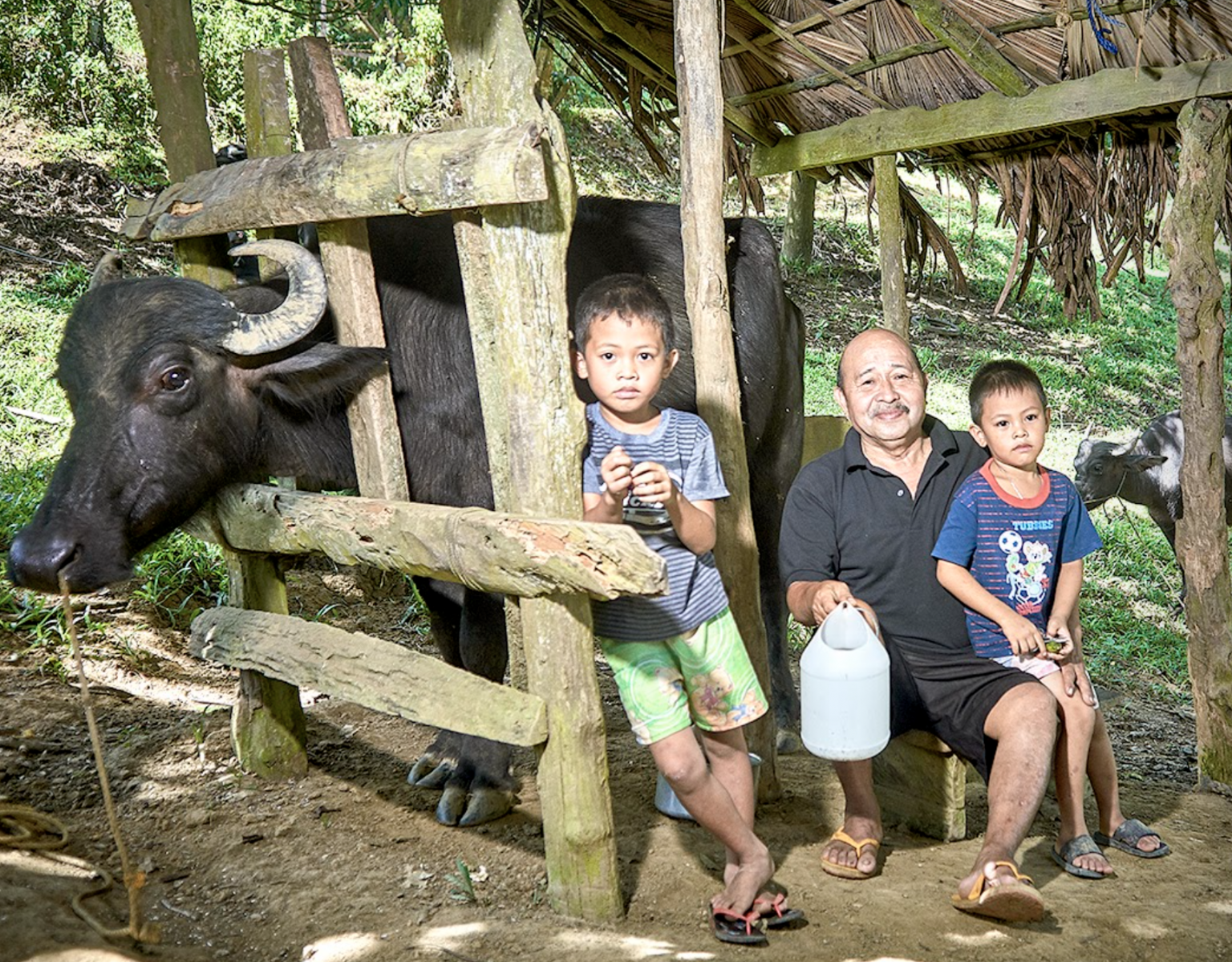
We are uniquely positioned to not just serve the community as a whole, but also focus on tailoring programs for vulnerable groups such as women, children, persons with disabilities, and the elderly. Beyond demographics, there is also a need to help micro and small businesses to find ways to stay afloat especially during these hard times.
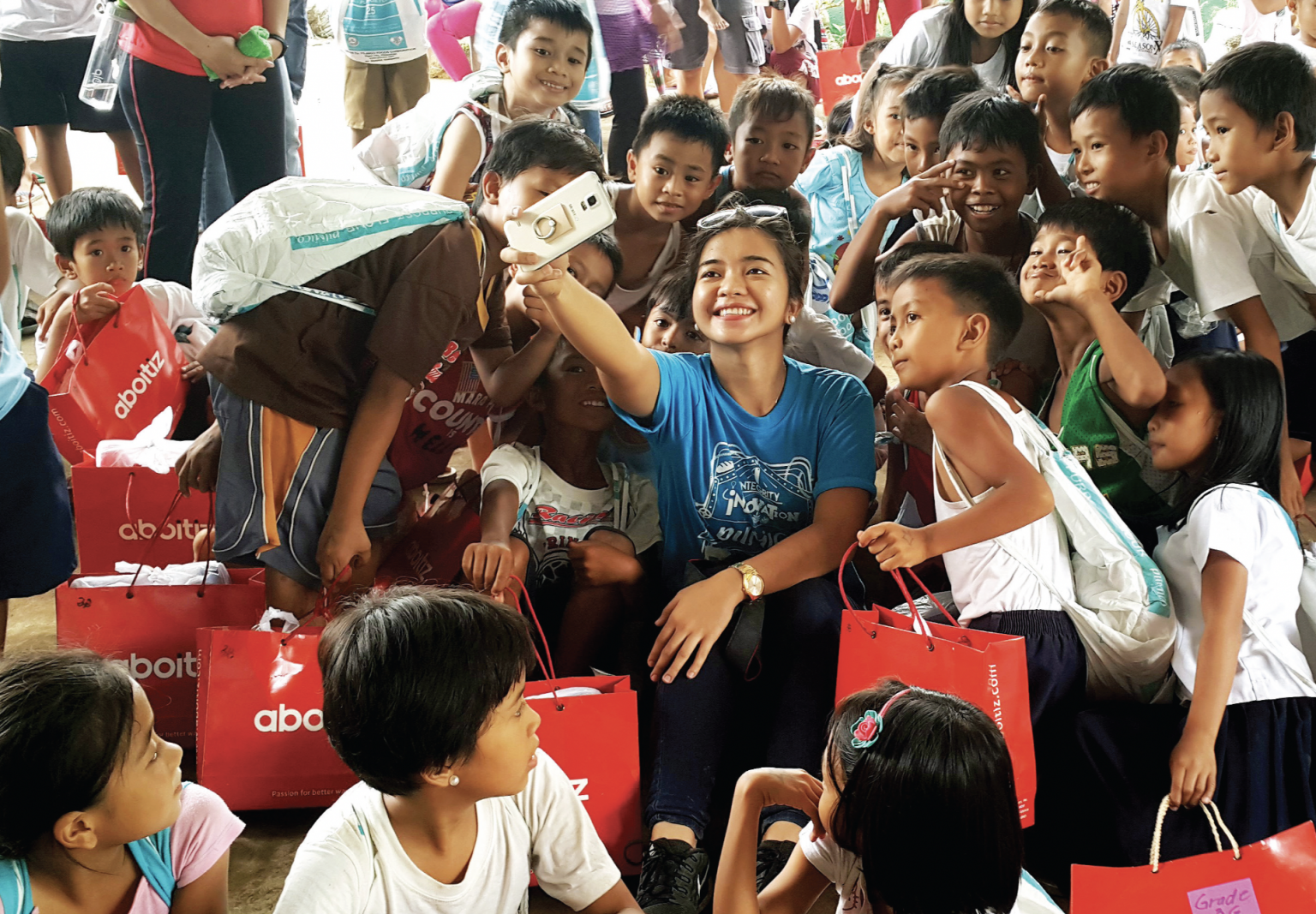
Resilience is more than just having a positive outlook — it is having the ability to prepare ahead and use resources to respond to, endure, and bounce forward from unfavorable situations. Disasters have taught us time and again that having a cohesive response and plan of action enable our communities to move the needle between wreck to recovery.
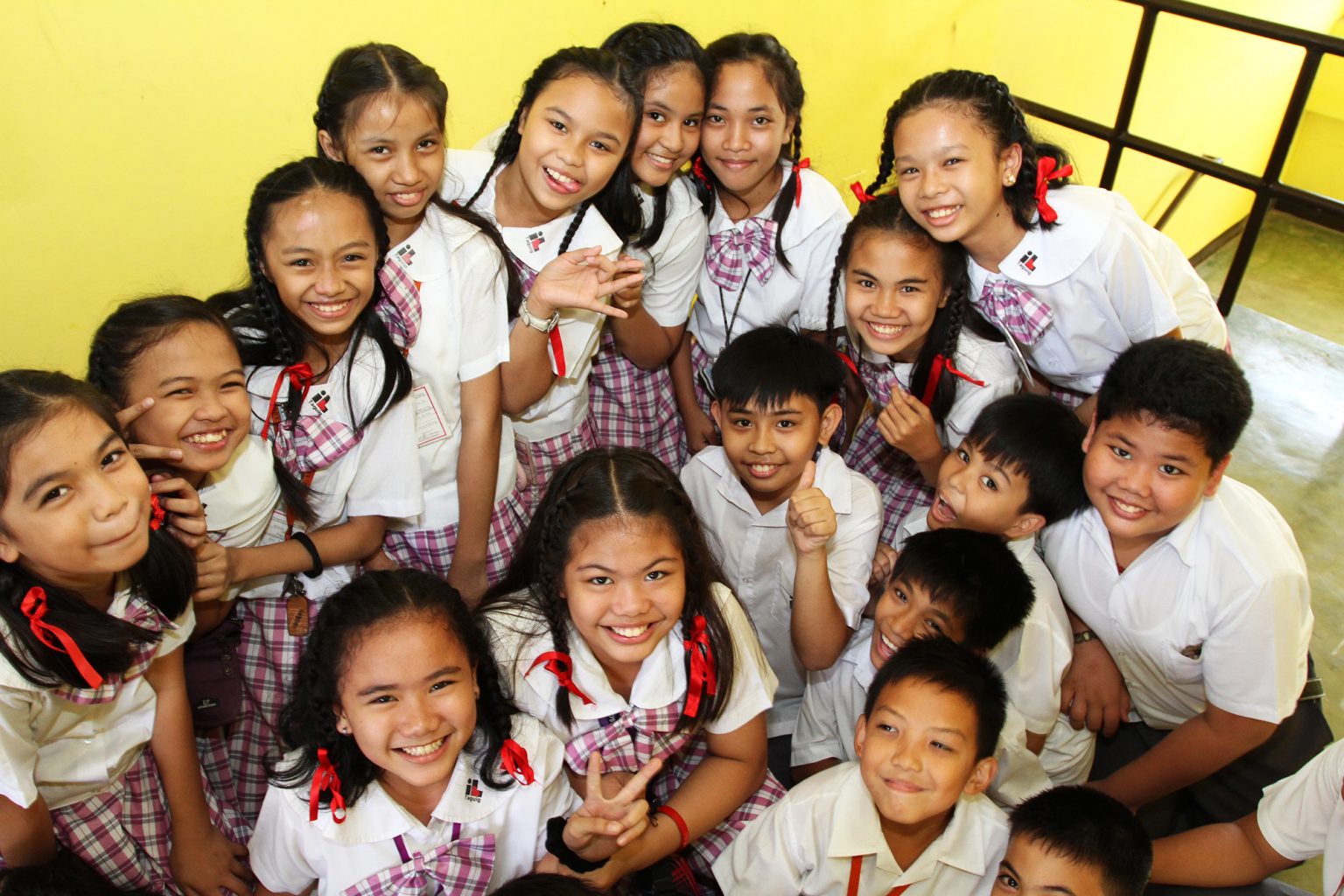
Since the late 1980s, its initiatives have evolved from CSR 1.0, which involves simple philanthropic activities, to CSR 2.0, which implements projects that are more sustainable for its beneficiaries and at the same time aligned to its businesses. This renewed focus calls on the Group to scale up CSR strategies beyond doing good to building good communities together. In 2019, 41% of its CSR projects, such as the Purposive College Scholarship, Mahalin Pagkain Natin, Classroom Rewiring, and the Community-Based Disaster Risk Reduction and Management Training, reached CSR 2.0 status. Moving forward, it intends to carefully select projects that would help it reach its goal of achieving CSR 2.0.

One notable project is the launch of its online crowdfunding platform, KINDer by Aboitiz (KINDer). Launched in 2018 in conjunction with the Foundation’s 30th anniversary, KINDer enables individuals to participate in various social campaigns, promote CSR projects, and share opportunities to help create a kinder world.

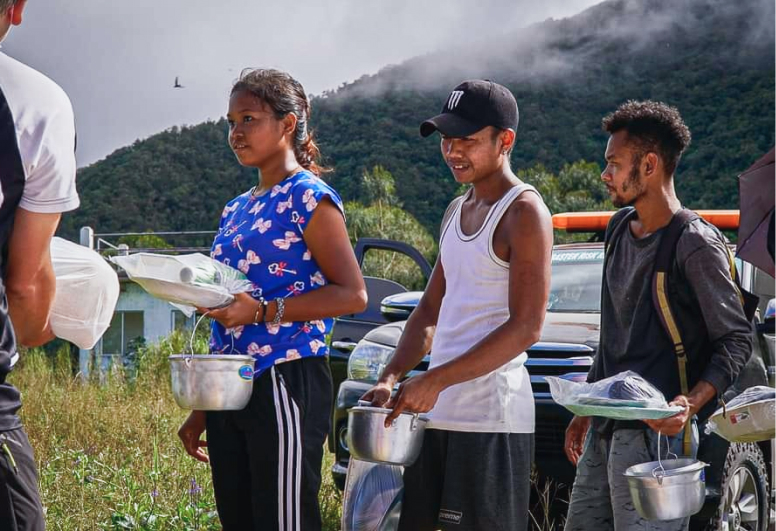
In 1965, Don Ramon gave a big part of his personal wealth to establish the Ramon Aboitiz Foundation, Inc. (RAFI).
RAFI is a family-based foundation that is rooted from the conviction of its founder that “the dignity of man is best respected by helping him realize his hopes and by sharing with him the burden of his fears.” Its vision has consistently been “Touching People, Shaping the Future” while its current focus areas are integrated development, micro-finance and entrepreneurship, culture and heritage, leadership and citizenship, and education.
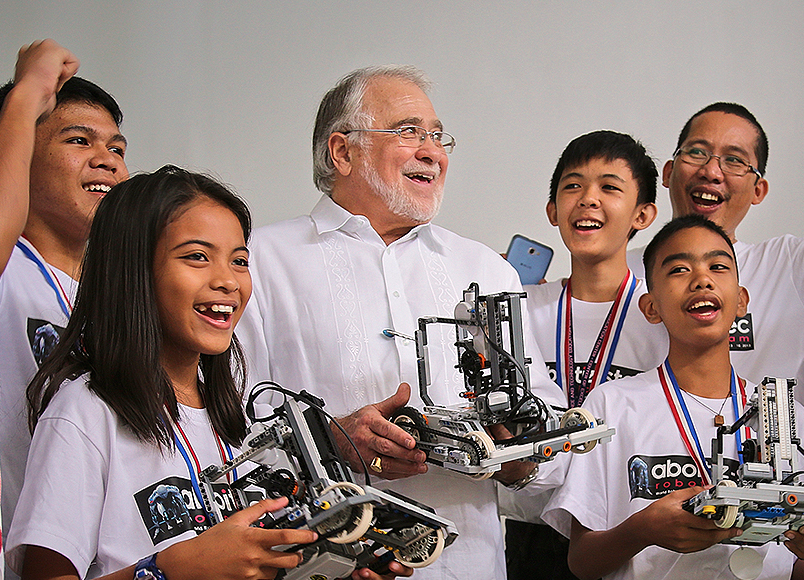
Aboitiz Foundation also continues to invest heavily on education-related projects. From 2014-2019, it has invested in the education of 302 college scholars and produced 262 graduates, of which 80% were employed. The technical-vocational scholarship has also seen 652 scholars and 578 graduates, with a total employment rate of 56% over the same period.
As it focuses on promoting integration and collaboration, it launched its Integrated CSR (iCSR) strategy, which is operationalized through the iCSR Regional Councils in Luzon, Visayas, and Mindanao composed of CSR teams in the said locations. These councils regularly meet to discuss, plan, and manage integrated CSR projects that highlight the pooling of resources and sharing of expertise of various Aboitiz business units and partners.
